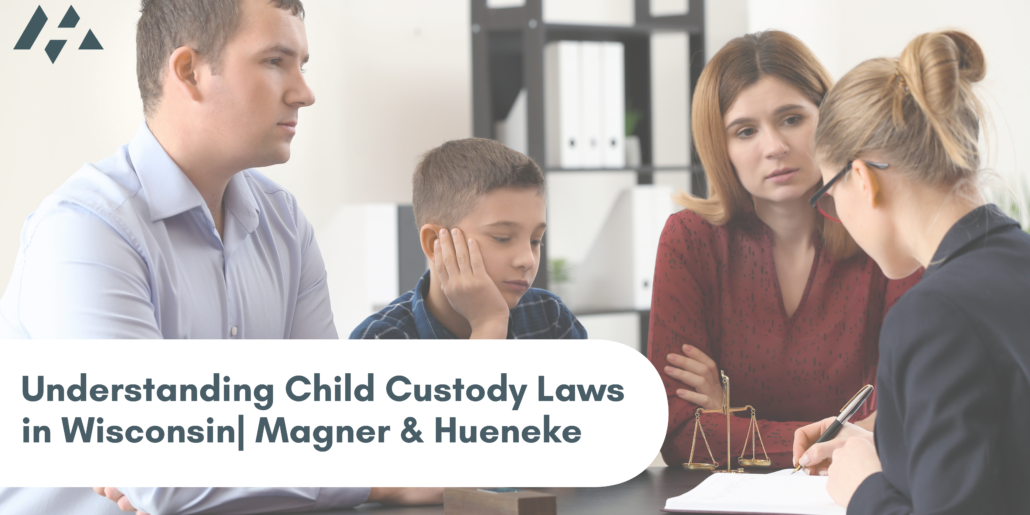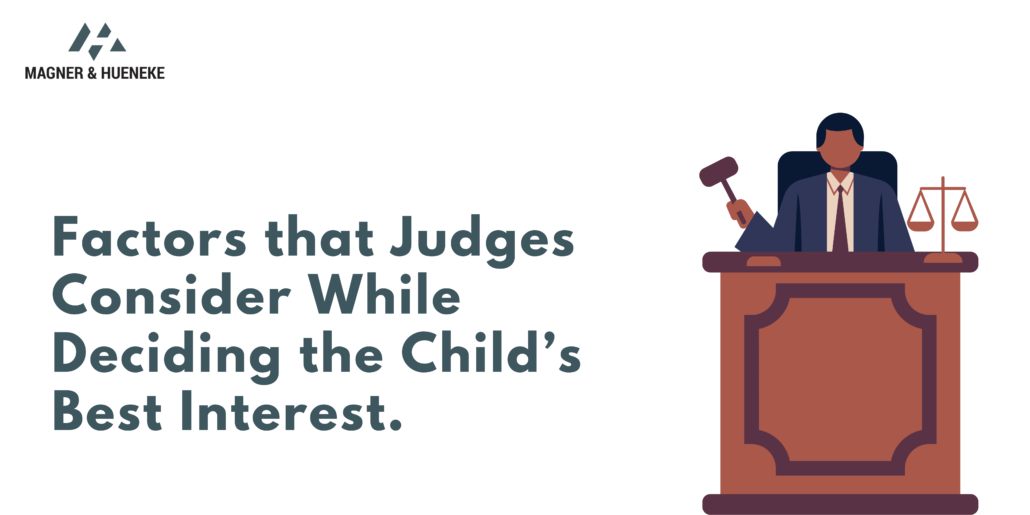
The child custody battle is one of the most stressful experiences for divorcing parents. But, knowing about the child custody laws can make the process easier and more predictable. However, if you are unfamiliar with the different types of child custody and how they work, you can rely on Milwaukee child custody attorneys for guidance. Also, you must go through this blog post to know the basic concepts of child custody in Wisconsin. Here we’ll share all you need to know to create the best parenting plan for your kids. So, let’s get started.
2 Types of Child Custody
Child custody is a legal term referring to the responsibility or guardianship of a child that the court awards to one of the parents following a divorce proceeding. It is also known as parental rights and responsibilities, or residential responsibility. Like many other states, there are two types of child custody in Wisconsin too –
- Physical Custody – It is all about where your children live. Either you or the other parent of your kid can get the physical custody of the child, which is known as sole physical custody. In some cases, both parents can share the physical custody, which is known as joint physical custody.
- Legal Custody – It includes several things like decisions about children’s religious training, choice of school, medical treatment, and other activities. It can also be shared, which is joint legal custody, or not shared which is known as sole legal custody.
Factors that Judges Consider While Deciding the Child’s Best Interest

The principle of child custody cases is always ‘the best interest of the child’. Though there is no fixed definition of best interest here, we have listed a few factors that judges consider while deciding on child custody cases.
- Wish of the both parents
- The relationship and interaction of the child with parents, siblings, and any other person living with the parents like a relative.
- Amount and quality of time each parent has spent with the child in the past.
- Age, educational and developmental needs of the child at different ages.
- The mental and physical health of a parent affects the well-being of the child.
- Evidence for a parent engaged in child abuse or domestic violence.
- The criminal record of a person who will reside in a parent’s house.
Importance of Establishing a Parenting Plan
A parenting plan addresses legal custody, primary physical placement of the child, child visitation, and issues related to the child in divorce cases. The child visitation attorneys in Milwaukee can help you in creating an effective parenting plan that outlines various aspects of parental rights and responsibilities after the divorce. When a parenting plan is signed by parents and filed with the court, it becomes a court order. It means the terms of the parenting plan are enforceable by law. A detailed and properly structured parenting plan helps deal with future disagreements. It limits your risk of future conflict and litigation.
Discuss Your Case with Attorneys at Magner & Hueneke
Usually, child custody cases are difficult for both parents and children. They are complicated, which results in a stressful situation. However, you should stand firm and strong to fight for your rights and the best interest of your child. The skilled and experienced attorneys at Magner & Hueneke can help you in child custody, child visitation, and post-judgment modification for child custody. We strive to help parents agree upon a custody or visitation schedule that works best for their situation. We have 50 years of legal expertise in the area of divorce, child custody, and other family law. Preserving the valuable parent-child relationship with the right parenting plan is our primary focus. So, contact us online to arrange an initial consultation now!

